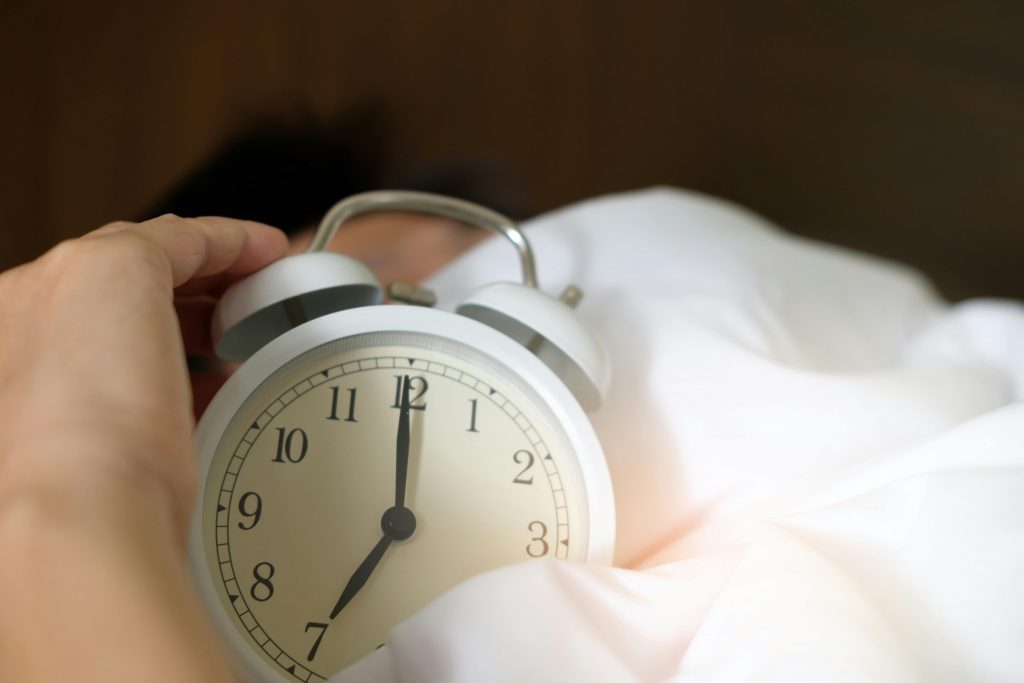Mood Swings
Mood Swings during menstruation

Mood swings are a common experience with both menstruating girls and women around a week before their period, and often last for a few days.
What are mood swings?
Mood swings are sudden and drastic changes in mood and emotions, and are commonly known as a “roller coaster” of feelings. These fluctuations are normal, especially with menstruating individuals and when kids and teens are in puberty, however need to be managed in order to remain mentally, physically, and emotionally healthy. In the next section, you will learn how mood swings occur during menstruation, and how to manage them.
Mood swings during menstruaion
Mood swings are very common among menstruating women and girls, due to hormonal fluctuations that are the most prominent after the ovulatory phase of the menstrual cycle, when progesterone and estrogen levels drop. This is also known as premenstrual syndrome, or PMS. However, PMS also encompasses other various symptoms, such as breast tenderness, bloating, irritability, and fatigue in addition to mood swings.

90% of women have experienced some type of PMS or mood swings
But… How do i deal with mood swings and pMS?

Exercising
Regular exercise during PMS helps reduce pain, mood swings, and other symptoms of PMS immensely as it boosts endorphins, which have pain-relieving results and improves your mood. It also boosts dopamine, which also contributes to mood improvement.

Stress Management and coping
Relaxation and stress management techniques such as meditation, deep breathing exercises, or journaling stress and feelings can help with mood swings and emotional-related PMS symptoms.

Adequate sleep
Aiming for a minimum of 8 hours of sleep (even more is better if possible) will significantly reduce PMS symptoms, especially in the week before your period. Inadequate sleep will exacerbate PMS symptoms and mood swings.

Seeking Support
Seeking support and talking to family, friends, therapists, or anyone else that you trust about how you feel and your experiences is a great way to handle mood swings and other emotionally-related PMS symptoms in a safe space to express yourself with people who care about you and understand you.

